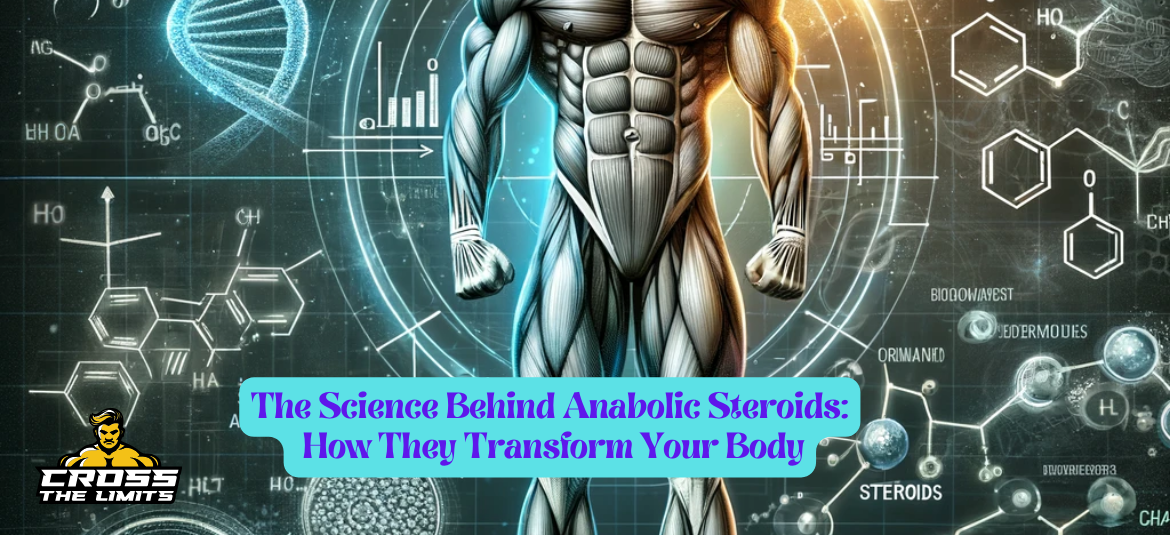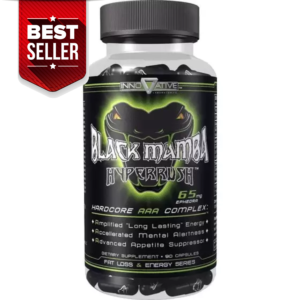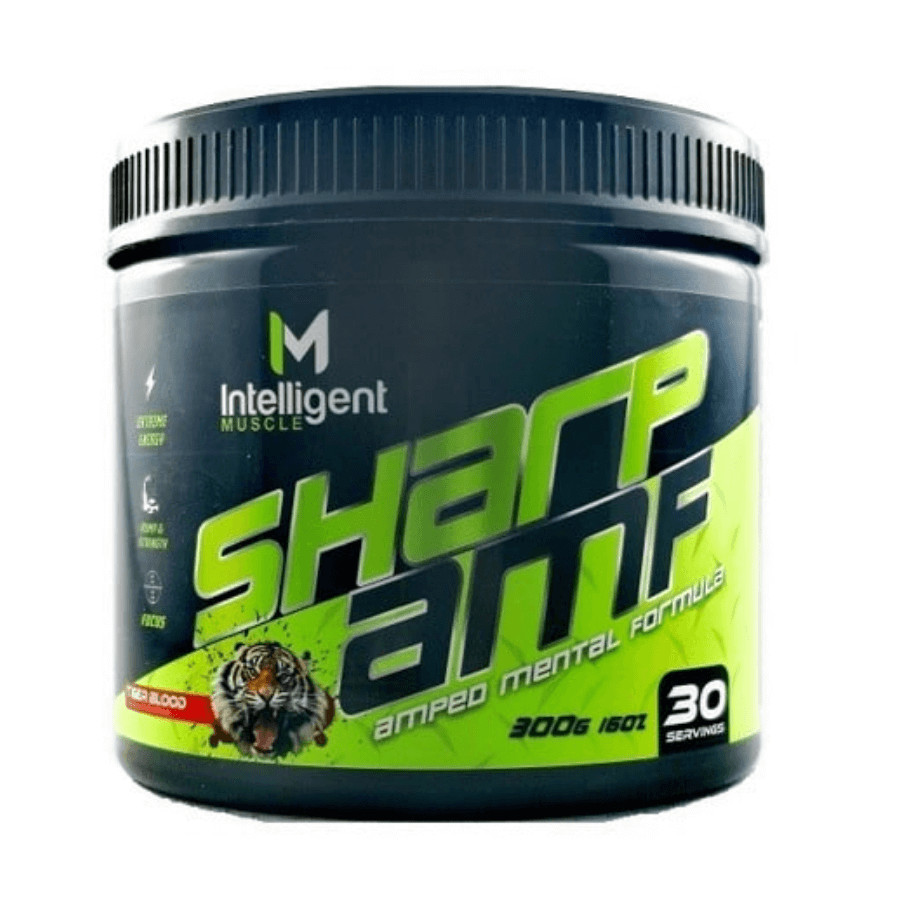In addition to their effects on muscle growth, anabolic steroids can also impact other aspects of the body, such as bone density, fat distribution, and the production of certain hormones. These effects can vary depending on the specific type of steroid used and the dosage and duration of use.
The Effects of Anabolic Steroids on Muscle Growth
One primary reason anabolic steroids are used is to promote muscle growth. When used in combination with resistance training, anabolic steroids can lead to significant increases in muscle mass and strength. This is due to their ability to increase protein synthesis within the muscle cells, leading to greater muscle tissue accumulation over time.
In addition to promoting muscle growth, anabolic steroids can improve recovery from intense workouts, allowing athletes and bodybuilders to train more frequently and with greater intensity. This can further contribute to increases in muscle size and strength over time.
The Impact of Anabolic Steroids on Fat Loss
In addition to their effects on muscle growth, anabolic steroids can also impact fat loss. Some studies have suggested that anabolic steroids can increase the body’s metabolic rate, leading to more significant calorie expenditure and a reduction in body fat over time. This can be particularly beneficial for athletes and bodybuilders looking to improve their body composition and achieve a leaner, more defined physique.
However, it’s important to note that the effects of anabolic steroids on fat loss can vary depending on the individual and the specific type of steroid being used. In some cases, anabolic steroids may lead to an increase in body fat due to changes in hormone levels and other metabolic processes.
Potential Side Effects of Anabolic Steroids
While anabolic steroids can provide significant benefits in terms of muscle growth and performance enhancement, they also come with a range of potential side effects. These can include acne, hair loss, liver damage, cardiovascular issues, and changes in mood and behaviour. In some cases, the use of anabolic steroids can also lead to serious health complications such as heart attacks, strokes, and even death.
It’s essential for anyone considering the use of anabolic steroids to be aware of these potential side effects and to weigh the risks against the potential benefits. In many cases, the use of anabolic steroids is not recommended for individuals who are not under medical supervision or who do not have a legitimate medical need for them.
The Role of Anabolic Steroids in Performance Enhancement
Athletes and bodybuilders often use anabolic steroids to enhance their performance in sports and other physical activities. They can significantly benefit muscle growth, strength, endurance, and recovery from intense workouts. This can give users a competitive edge in their chosen sport or activity, allowing them to train harder and achieve better results.
However, the use of anabolic steroids for performance enhancement is controversial due to concerns about fair play, athlete safety, and the potential for abuse. Many sports organizations have banned the use of anabolic steroids and other performance-enhancing drugs, and athletes who are caught using them may face serious consequences such as suspension or disqualification from competition.
The Future of Anabolic Steroid Research
The use of anabolic steroids continues to be a topic of ongoing research and debate in the sports and fitness world. Scientists are working to understand better the effects of anabolic steroids on the body, as well as their potential for abuse and long-term health risks. This research is essential for developing strategies to minimize the adverse effects of anabolic steroid use while maximizing their potential benefits.
In addition to studying the effects of anabolic steroids on muscle growth and performance enhancement, researchers are also exploring potential alternative treatments for conditions such as delayed puberty and muscle wasting diseases. This could lead to the development of safer and more effective treatments that do not carry the same risks as anabolic steroids.
Overall, the future of anabolic steroid research holds promise for improving our understanding of these powerful drugs and finding ways to use them safely and responsibly. By continuing to study their effects on the body and exploring alternative treatments, scientists can help ensure that athletes and individuals who require medical intervention can achieve their goals without compromising their health and well-being.






